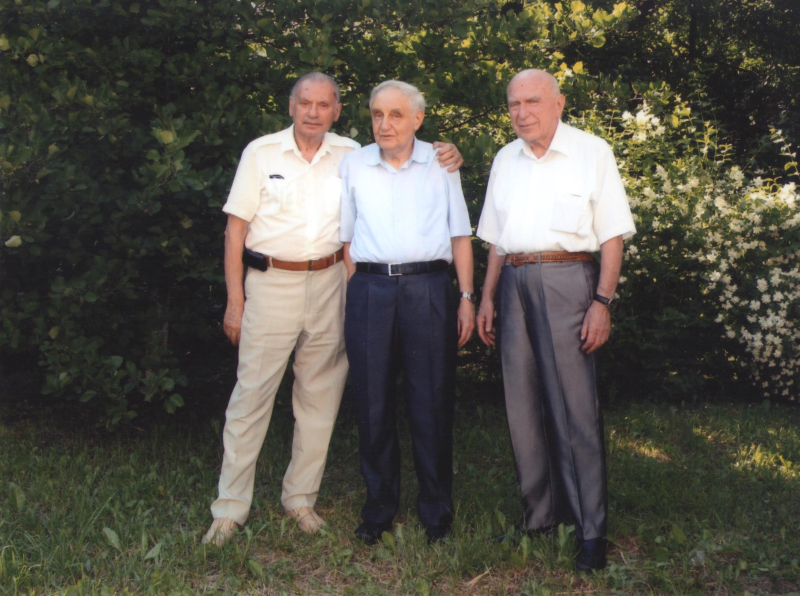Department of Viral Hepatitis and Clinical Virology
Managed by Doctor of Medical Sciences, professor L.V. Kolobukhina.
Laboratory of Respiratory Viral Infections with Drug Approbation
Managed by Doctor of Medical Sciences, professor L.V. Kolobukhina.
The laboratory is a subdivision of the department of viral hepatitis and clinical virology created in 1948.The scientific works of Professor F.G. Epstein, Academician of the USSR Academy of Medical Sciences V.M. Zhdanov, Professor E.S. Ketiladze reflect the results of fundamental and applied research in the field of clinical virology. In subsequent years, the employees of the department Professor V.F. Krylov, Candidates of Medical Sciences L.D. Knyazeva and R.V. Vartanyan, Honored Doctor of the Russian Federation Professor S.G. Cheshik made a huge contribution to the study of the clinic, pathogenesis, diagnosis and treatment viral diseases in the field of respiratory medicine.
Today, the laboratory continues research on the clinical, pathogenetic aspects of acute respiratory viral infections, and issues of effective treatment are being developed.
Every year, during the period of an epidemic increase in the incidence of acute respiratory infections, laboratory staff conduct hospital monitoring of pathogens of acute respiratory diseases as part of the system of epidemiological surveillance and control of influenza and SARS (Rospotrebnadzor Order No. 373 dated March 31, 2005).
Clinical testing of new antiviral agents in the treatment of influenza in adults and children is the main direction of the laboratory's work in recent years. As a result of studies carried out by the laboratory staff, the efficacy of the main domestic antiviral drugs recommended by the Russian Ministry of Health for the treatment of influenza has been proven.
Lyudmila Vasilyevna KolobukhinaLilia Nikolayevna Merkulova
Raisa Viktorovna Vartanyan
Laboratory for Chronic Viral Infections
Managed by Doctor of Medical Sciences L.B. Kisteneva.
The laboratory was organized in 1981 and until 2013 was managed by the Honored Scientist of the Russian Federation, Corresponding Member of the Russian Academy of Medical Sciences I.V. Shakhgildyan. The original name of the laboratory was the Laboratory of Epidemiology and Prevention of Viral Hepatitis. In 2008, the functions of the laboratory were expanded and it received its current name.
The main direction of scientific research was to clarify the main epidemiological patterns of different types of viral hepatitis, to determine the dynamics and manifestations of the epidemic processes of hepatitis A, B, C, and D.Particular attention was paid to establishing the frequency and characteristics of perinatal transmission of hepatitis B and C.
An important section of the work was the development and implementation of hepatitis B vaccine prevention programs, the study of its efficiency, which made it possible to control the incidence of viral hepatitis B.
In recent years, the tasks of the laboratory have expanded. The monitoring of the etiological structure of viral hepatitis A, B, C, D, E, and G has been developed. The main attention is paid to the study of the clinical features and outcomes of viral hepatitis C, increasing the efficiency of its treatment.
A significant place in the work of the laboratory in recent years is occupied by the study of clinical and laboratory features of cytomegalovirus infection in women of childbearing age, pregnant women and newborns; development of a system of therapeutic and prophylactic measures. The implementation of these tasks will contribute to a favorable course of pregnancy and the prevention of perinatal pathology.

Corresponding Member of the Russian Academy of Medical Sciences I.V. Shakhgildyan, Candidate of Medical Sciences D.M. Braginsky, and Professor S.G. Cheshik
Lidia Borisovna KistenevaIrina Nikolayevna Khlopova
Svyatoslav Georgievich Cheshik
